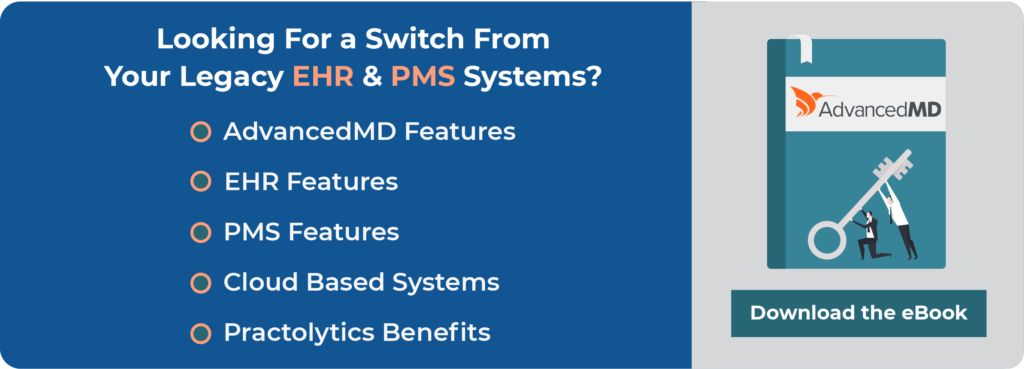Biologic Therapy Access Disparities in IBD: Overcoming Insurance Barriers and Promoting Equity
Biologic therapy highlights a profound development in treating inflammatory bowel diseases like ulcerative colitis and Crohn’s disease. Such treatments are derived from living beings and are devised to target specific aspects of the immune system, in contradiction to traditional therapies that widely suppress the response of the immune system, biologics function by blocking particular pathways that support inflammation. This approach aids reduced symptoms, alleviates complications, and maintains remission, effectively enhancing the quality of life for patients.
Disparities in patients’ access to healthcare are crucial, especially in the landscape of specialized treatment approaches like biological therapies. Despite the proven efficiency of biologics in managing IBD, not all patients have equity to access. Factors contributing to such inconsistency include insurance coverage, socioeconomic background, and geographic location. They could significantly alter the patient’s access to such treatments. These disparities are a concern because they result in inconsistent health outcomes even with the availability of such effective therapies.
For IBD, Biological therapies include various drugs that target different molecules engaged in the inflammatory process. The most often used biologics include anti-TNF agents like adalimumab and infliximab which aid in blocking tumour necrosis factor, a substance that supports systematic inflammation. Other biologics including vedolizumab locate integrins to restrict immune cells from entering the gut. These therapies are mostly administered through infusion and injection have displayed effective induction and have maintained remission for IBD patients.
Table of Contents
The High Cost of Biologic Treatments
Biologic therapies can get prohibitively expensive, often surpassing tens of thousands of dollars annually for a single patient. The costs are distinct and are based on factors like required dosage, frequency of administration, and specific biologic. For example, some biologics necessitate regular infusions, which increases the overall expense due to the requirement of professionals and medical facilities to administer them. The expensive therapy is a major hurdle to access, especially for patients who do not have proper coverage and for uninsured patients.
The Role of Insurance in Biologic Therapy Access
Insurance coverage is a pivotal aspect of access to biological treatments. While public insurance initiatives like Medicare and Medicaid may cover some biologic therapies, the coverage extent may vary. Private insurance programs differ in coverage policies, with some initiatives offering more extensive benefits than others. The distinction in coverage can bring about major disparities in patient access, with some able to obtain the required therapies while others suffer with limited or no coverage.
Issues Common to Insurance Coverage
Prior authorization is another big road block to accessing biological treatments. This requirement is usually demanded by insurance companies to ensure the treatment recommended is medically necessary. It is time-consuming and could delay the start or initiation of treatment. Precious out-of-pocket costs through, for example, deductibles and co-pays, could render biological therapies unaffordable to a majority. In some instances, insurances will not even cover certain biologics or will put in place step therapy, mandating that a patient has to try and fail other therapies before a biologic can be approved.
Impact of Insurance Barriers on Patients
The effects of the concerns related to insurance can become very severe. Delayed access to biological treatments can mean worsened symptoms, high complication risks, and minimized quality of life. For example, a patient with Crohn’s who is not a candidate for biological therapy may experience more frequent, more severe flare-ups that are then going to lead to surgeries and hospitalization. There is also a pronounced psychological impact of searching for these barriers wherein patients anxiety and stress from frustrations about being able to treat their condition.
Fairness in IBD Care
Socio-Economic Barriers:
Socioeconomic status is very pivotal in getting access to biologic therapies for IBD. Low-income and education level patients can bear immense monetary burden, such as inability to pay out-of-pocket costs and co-pays. Geographic location is an important consideration; those from rural or underserved areas might have very limited access to specialized health care providers and facilities that provide biological treatments.
Racial and Ethnic Disparities:
Inconsistencies in access to biological therapies are majorly faced by minorities in racial and ethnic aspects, probably due to systemic biases in healthcare. These inconsistencies lead to variation in rates of diagnosis, recommendations for treatment, and quality of care patients receive. Cultural differences, communication barriers through language difficulties, and generalized mistrust of healthcare infrastructures can further accelerate this.
The Need for Biologic Therapy Access Equity
Such accessibility of biological therapy to all is not only fair but a moral imperative. Any patient, irrespective of socioeconomic status, should have equal access to life-saving therapeutics. In IBD care, systemic issues need to be acknowledged and addressed in order to attain better health equity. This can be a strategy for improving patient results and reducing health disparities in health care.
How RCM Can Address Access Disparities
Streamlining RCM workflows can aid in reducing barriers that restrict patients from attaining biological therapies. Precision in medical billing and medical coding is effective in ensuring coverage and reimbursement, alleviating financial loads on patients. Optimized RCM processes can help reduce administrative delays, easing patients to obtain timely treatments.
RCM professionals can oversee patients’ needs by collaborating to explore insurance complexities and attain adequate coverage for given therapies. Successful collaboration among healthcare providers, RCM experts, and insurers is paramount for optimizing access to biologic therapies and ensuring patients receive necessary care.
Recommendations and Future Trajectory
To enhance biologic therapy access, it is crucial to oversee policy shifts that extend insurance coverage. This involves advocating for wider insurance networks, minimizing out-of-pocket expenses, and refining the prior authorization process. Guaranteeing that patients get extensive coverage for these treatments can aid in alleviating financial hurdles and enhance access.
Healthcare providers can make shifts to address equity concerns in biologic therapy access by employing strategies including cultural competency training, patient education initiatives, and support services. These shifts enable patients to view their treatment choices, enhance therapy adherence, and ultimately bring better health outcomes.
The Future of RCM in Enhancing Access
Advancements in healthcare RCM technology and processes including Artificial Intelligence and Machine Learning have potentially improved access to biologic therapies. Value-based care models, which emphasize patient outcomes more than the volume of services rendered, can also play a major role in enhancing treatment accessibility. By giving precedence to equitable and efficient healthcare service, RCM can help enable complete access to patients’ required treatments.
Concluding
Directly address the issue of access disparities in biologic therapies for IBD to improve patient outcomes and achieve healthcare equity. This may be best handled by bringing up issues related to revenue cycle management, such as health insurance verification, billing, and patient advocacy. Practolytics is a top revenue cycle management partner offering the power of guided expertise to maximize and speed up treatment access. Further, dealing with insurance complexities and helping patients get access to therapies of their choice could be done much better if healthcare professionals were aided by Practolytics. This should, therefore, be considered, in an effort toward the enhancement of quality of care and fairness in the treatment of IBD.
Why delay? Unlock your revenue potential with Practolytics’ RCM services today!
ALSO READ – The Importance of Patient Scheduling and 6 Best Practices
Talk to Medical Billing Expert Today — Get a Free Demo Now!






